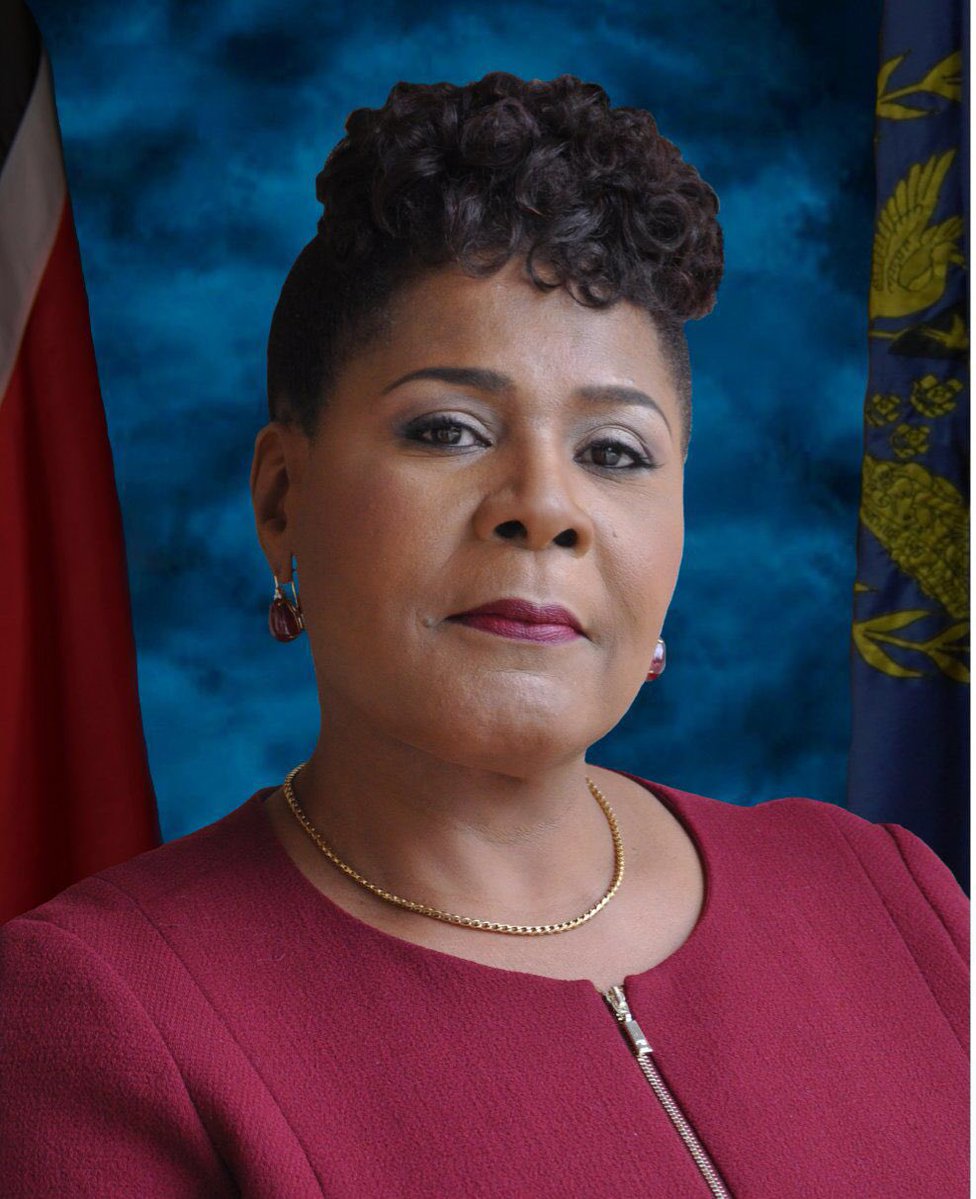Chief of Justice Ivor Archie swore Weeks at the ceremony at Queen’s Park Savannah in Port Spain at 10 a.m. local time, replacing Anthony Carmona. A retired judge from the Appeal Court, Paula Mae Weekes was the only presidential nominee proposed by the government.

Weekes graduated from law school and has a remarkable career in both public and private spheres. She was called to the Bar in 1982 and she served the Office of the Director of Public Prosecutions for 11 years.
In 1996 she became a judge at the Criminal Division of Trinidad’s High Court before being promoted to the Court of Appeal in 2005. She was then sworn in in the Justice of Appeal in the Turks and Caicos Islands for three years.
She was also Chancellor of the Anglican Church and was responsible for their finances. Shortly after being elected, Weekes admitted she felt “completely terrified” about the idea of being president.
“I can tell you that aside from feeling honored and humbled, I felt completely terrified. And that terror has not yet abated, “Weekes said.
In Trinidad, the president is the head of state and is responsible for approving bills before they become law, for “casting an eye on the operations and behavior of the Government,” as well as being the head of the armed forces.
Most of the president’s actions in Trinidad and Tobago are implemented in accordance with the advice of the cabinet, the prime minister or the leader of the opposition. Among her constitutional mandates is to appoint the nation’s senators: 16 according to the prime minister’s advice, six based on the opposition’s advice, and nine at her own discretion.
Trinidad and Tobago has a parliamentary system in which the president is elected by an Electoral College, consisting of members of both the House of Representatives and the Senate.
With Weekes’ inauguration, Trinidad and Tobago becomes the only republic in Latin America and the Caribbean to have a woman head of state after Chile’s Michelle Bachelet left office on March 11.













